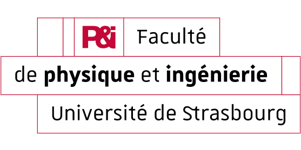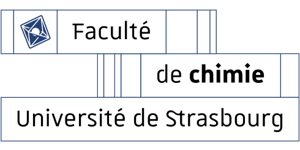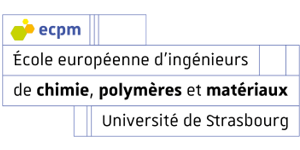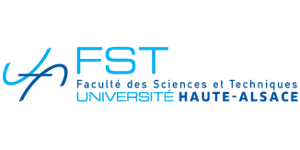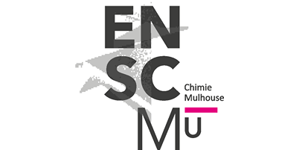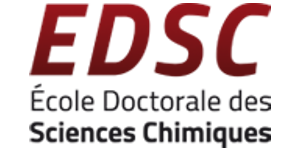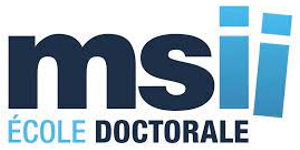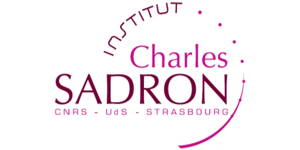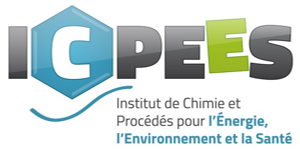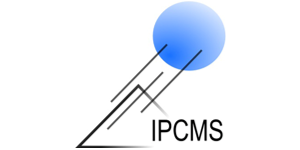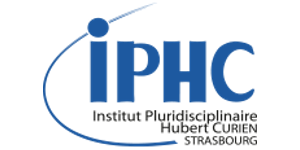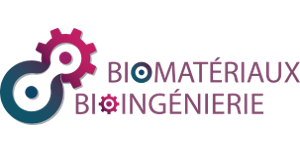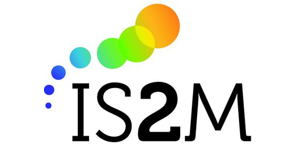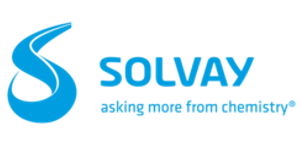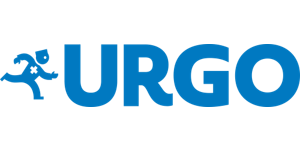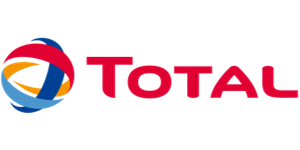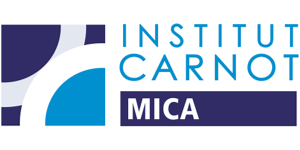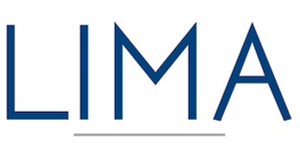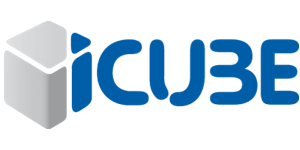ITI HiFunMat Advanced course
In this advanced materials science course, the various research areas involved in the development of hierarchically structured and functional materials will be addressed by specialized researchers/teachers. The teaching staff will help studnts make the links between the disciplines to go from an pluridisciplinary view, to an interdisciplinary approach.
This course consists of 33h of lecture courses, that are taught on Saturday mornings and/or afternoons during the first semester. Part of the courses take place on the Illberg campus in Mulhouse, the rest on the Esplanade Campus in Strasbourg.
Course 1 - From object to molecule and molecule to object
Concepts and relationships between molecules that can give rise to an object with a property/function:
Course 2 - Surfaces and Interfaces
Definition, scales, design, synthesis, reactivity, functionalization and characterization of flat and curved surfaces and interfaces.
Course 3 - Basic principles of flexible polymer networks
The basic principles of soft matter mechanics (static and dynamic) and soft polymer networks (rubbers, (hydro)gels, flexible adhesives) will be discussed to create a better understanding of important material properties (static and dynamic moduli, creep, relaxation, strength, toughness and fatigue).
Course 4 - Sol-gel process and hybrid materials
This course includes i) an introduction and basic concepts of sol-gel process and hybrid materials, ii) hydrolysis-condensation reactions for silanes and transition metals, iii) methods for characterizing sol-gel reactions, iv) the production, nanostructuring and applications of thin films, v) classification, processing, properties, and applications of hybrid materials, as well as v) photochemical approaches.
Course 5 - Biomimicry for sustainable development
The concepts of biomimicry and biomimetic design will be introduced, as well as its advantages in science and engineering. Emphasis will be laid on biomimetic designs for sustainable development in materials science.
Course 6 - Biointerface engineering
This course explores biomaterials such as metals, ceramics, polymers, composites, and 3D-printed fabrics, focusing on their applications and interactions with cells. It examines cell and tissue responses to biomaterials, including signaling pathways, substrate stiffness, and topography, while covering techniques like protein purification, recombinant proteins, adsorption, and grafting. Students learn about interface manipulation to control cellular responses and monitor them using biochemistry, omics, and microscopy. Concrete examples, including bone implants, hydrogels, and 3D scaffolds, illustrate successes, challenges, and model systems for studying cell-microenvironment interactions, supported by research articles will be discussed.
Course 7 - Applications and environmental applications
The course focuses on green chemistry and sustainable synthesis processes, exploring supported catalysis and solar photocatalysis. It addresses air pollution control through catalytic converters, VOC degradation, and CO oxidation, as well as water pollution control using ultrafiltration, adsorption, and decontamination methods. The course also examines the development and use of intelligent coatings for environmental solutions.
Course 8 - Energy materials
Understand the functions that materials can perform in electrical energy generation devices (photovoltaic and thermoelectric) and how organic materials engineering can contribute to the development of more efficient systems.
Bibliographic review tutorial
This course consists of scientific reading and writing courses, 3h each, followed by the redaction of a review tutorial on current HiFunMat research topics. The course spans the 3rd and 4th semesters.


